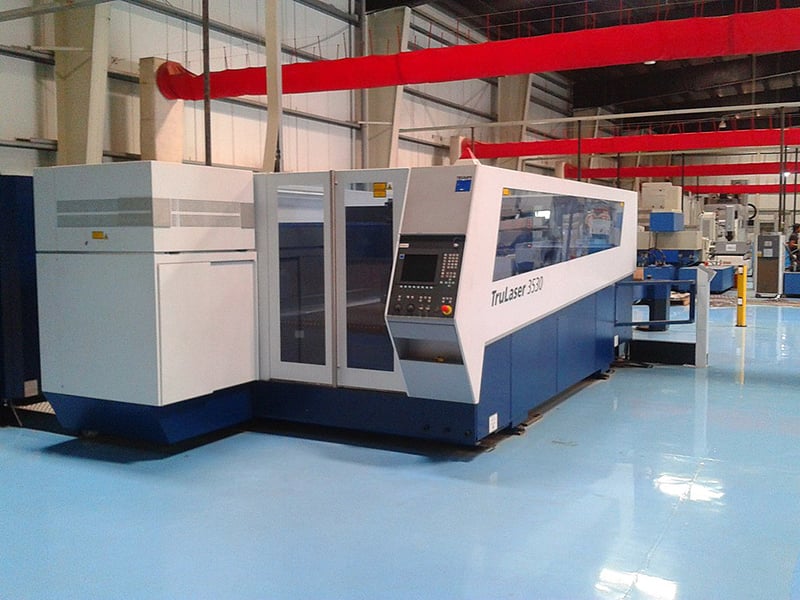
Image author S zillayali Wikimedia license
If you’re a business owner who needs capital equipment to run their operation, you have likely debated whether to buy or lease the machinery when it comes time to invest in new assets. Similar to automobile or truck leasing, which is a bit more common in both the personal and commercial trade markets, you will be presented with this option during the transactional phase by the equipment vendor or dealer.
There are primarily two things to consider when deciding whether to lease or purchase your new machinery and equipment.
- Do you intend to utilize the assets over the long term, maintaining and refurbishing them and maximizing their useful life? If the answer is yes, then you will want to buy the equipment given the lease will likely be a shorter-term transaction (3-5 years) with a fair market value buyout that may compel you to overpay at the end of the lease to retain longer-term.
- If you are confident you will want to return the equipment at the end of the lease and look to trade up to another new model and use the equity in the lease to better afford the upgrade, then leasing may be the right answer.
- Do you prefer to capitalize machinery on your books, increase your balance sheet and taxable asset base, or treat monthly rental payments as an expense to the operation? If the former is true, then purchasing equipment is the way to go while the latter business tactic will best fit a leasing scenario.
- The benefit of purchasing and capitalizing is the depreciation expense allowable each year, and you will also gain equity in your machinery that you can leverage for refinancing or other capital infusion needs down the road. With a lease, the monthly rental expense along with the lack of a higher balance sheet can create an efficient accounting method to maintain steady cash flows and keep debt at a lower volume.
Your business will be responsible for maintenance, insurance, and property taxes, regardless of whether you own or lease the assets, so the determination should hinge on the above two factors to make a sound investment decision. If you return the equipment at lease termination, it will need to be in good operating condition, or you might face penalties on top of the costs to return it. If you decide to lease regardless of your circumstances, try and negotiate a cap at the end-of-term buyout in case you decide to purchase down the road.

